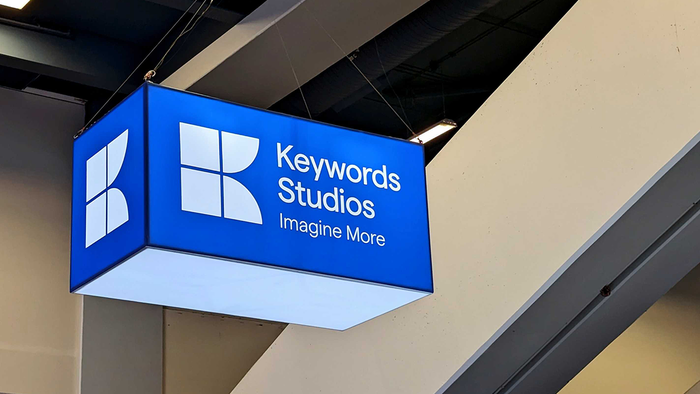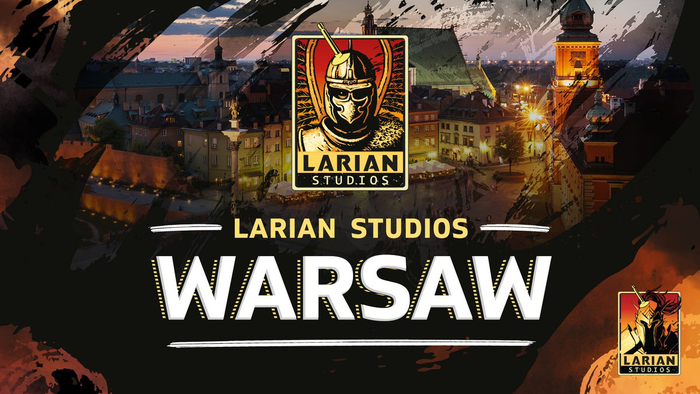Q&A: IGA's Townsend On BF2142 In-Game Ads
Talking to Gamasutra, IGA Worldwide CEO Justin Townsend has explained his company's work with EA on Battlefield 2142's in-game ads, following earlier controversy over a discl

Talking to Gamasutra, IGA Worldwide CEO Justin Townsend has explained his company's work with EA on Battlefield 2142's in-game ads, following earlier controversy over a disclaimer shipped with the European version of the game. The disclaimer had some users concerned over what they termed 'spyware' related to the dynamic in-game advertising supplied by IGA. But Townsend made it clear that IGA "does not capture any personally identifiable information" for those playing BF2142, going on to explain exactly what details the game's users are supplying when they play. IGA's In-Game Ad Capture Specifics Specifically, IGA's software uses the IP address for geotargeting of in-game ads (so that European ads are not shown to those in the U.S., for example). It also creates a unique user number that's generated locally, and is able to re-identify the gamer when he next appears online. In addition, IGA's in-game ad solution does capture the time of day that the user started to play each gaming session - Townsend mentioned, as an example, that "if the brief says 'Males 18 to 34'", the ads may only be served between 6pm and 9pm on a weekday evening or similar, to replicate 'primetime' viewing. The time that each ad impression takes place is also recorded by IGA, alongside what type of ad content it was (billboard, megaboard, or video stream), the duration (how long was the ad seen for), the size of the ad relative to the player, and the angle of deflection (what angle the ad is viewed at). Anonymity, The Need For Ads IGA's Townsend went on to explain exactly why identifying specific consumers is not part of his company's goal, explaining: "In the advertising sector, generally you have two very distinct forms of advertising - above the line and below the line." The company's advertising is 'above the line', which is to say that it's communicating the brand image, much like TV, and it's not 'below the line' advertising like the Internet & direct mail which seeks to get into a dialogue or a transaction with the consumer. Thus, Townsend explained that there's no need to know who exactly customers are. He clarified: "For us, all we need to do is to make sure we are serving the right ads to the right IP." Regarding today's online controversy, Townsend noted that "you are always going have that hardcore vocal minority" who don't want in-game ads. But he suggested that if those same people "knew the kind of painful transition that most publishers are going through right now", they might approve of in-game ads as an important financial support function for next-gen titles. He particularly commented: "If gamers still want to have a high amount of good quality titles year in and year out, there needs to be alternate revenue streams" for next-gen gaming - IGA clearly sees in-game advertising as a notable example of this. IGA's In-Game Ad Capture Specifics Finally, when asked about the suitability of the in-game ad creative for Battlefield 2142, which is somewhat of a futuristic title, Townsend explained that the company is "actually getting brands to do specific creative for games" to enable those brands to blend in better in the game. Addressing BF2142 itself, Townsend, who noted that he is a fan of the series and is currently playing Battlefield 2, explained that "it's near future", in the sense that "...there are no laser beams being shot around." Thus, "because it's predominantly set in urban environemnts", a lot of the creative for the ads in the game "is generic, or will be adapted to suit the near-future element."
About the Author(s)
You May Also Like













